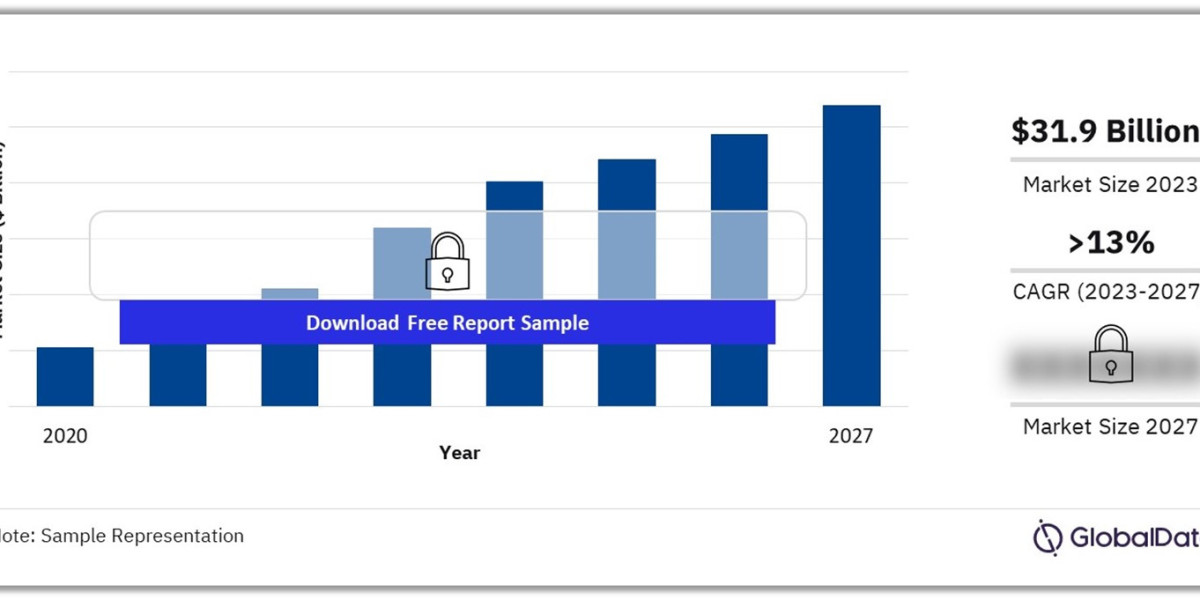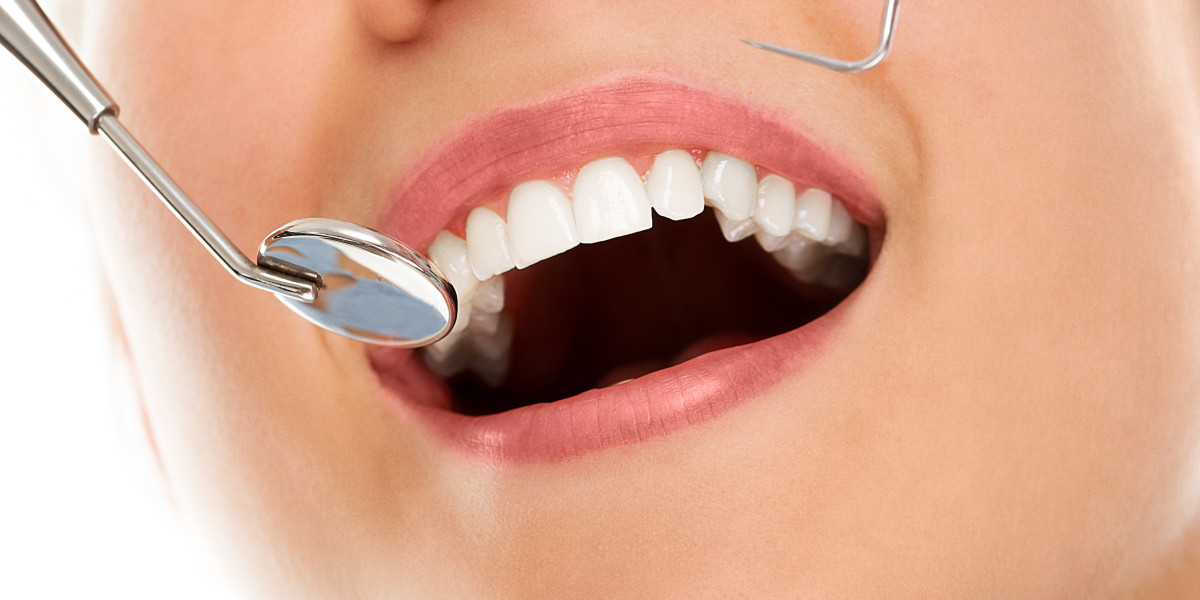Medical tourism, the practice of traveling to another country for medical care, has grown significantly over the past decade. This market has seen an influx of patients seeking cost-effective, high-quality medical treatments abroad, often in regions that are well-known for their advanced healthcare facilities and experienced medical professionals. This article delves into the various factors driving the medical tourism market, the leading destinations, challenges, and future trends.
1. What is Medical Tourism?
Medical tourism refers to the process of traveling outside one's home country to receive medical care. This can range from essential health check-ups and dental care to more complex procedures such as cardiovascular surgeries, orthopedic surgeries, and cosmetic surgeries. Patients often seek treatments abroad for reasons including lower costs, shorter waiting times, access to advanced technology, and the opportunity to combine medical treatment with vacation.
2. Drivers of the Medical Tourism Market
Several factors contribute to the rising popularity of medical tourism:
- Cost Savings: The primary driver of medical tourism is the significant cost difference for medical procedures between developed and developing countries. For instance, a heart bypass surgery in the United States may cost between $100,000 and $150,000, whereas the same procedure might be available for $10,000 to $20,000 in countries like India or Thailand.
- High-Quality Healthcare: Many countries have developed healthcare infrastructure to match or even surpass Western standards. Hospitals in destinations like Singapore, Thailand, and India often hold accreditations from international bodies such as the Joint Commission International (JCI), ensuring high standards of care.
- Shorter Waiting Times: In countries with universal healthcare, such as Canada or the UK, patients may face long waiting times for elective surgeries. Medical tourism offers a way to bypass these delays, providing timely access to necessary treatments.
- Access to Specialized Treatments: Some countries are renowned for specific medical specialties, such as South Korea for cosmetic surgery, India for cardiac and orthopedic procedures, and Mexico for dental treatments. Patients often travel to these destinations to access specialized care that may not be available or is more expensive in their home countries.
- Privacy and Confidentiality: Some patients opt for medical tourism to maintain their privacy. Traveling abroad allows individuals to keep their medical procedures confidential, particularly for cosmetic or reconstructive surgeries.
3. Leading Destinations for Medical Tourism
- India: Known for its cost-effective treatments, India is a top destination for medical tourists seeking cardiac, orthopedic, and fertility treatments. The country’s advanced healthcare infrastructure, skilled medical professionals, and English-speaking staff add to its appeal.
- Thailand: With its reputation for hospitality, Thailand attracts medical tourists for cosmetic surgery, dental care, and wellness treatments. The country’s private hospitals offer luxurious recovery environments, blending medical care with vacation experiences.
- Mexico: Proximity to the United States makes Mexico a popular choice for Americans seeking dental care, bariatric surgeries, and cosmetic procedures. The lower costs and no waiting times are significant incentives.
- Singapore: Known for its advanced medical technology and strict healthcare regulations, Singapore is a top choice for medical tourists looking for high-quality care in areas like oncology, cardiology, and orthopedics.
- Turkey: Offering a blend of medical expertise and historical tourism, Turkey has become a hub for cosmetic surgery, hair transplants, and dental procedures. The country’s strategic location bridging Europe and Asia also makes it easily accessible.
4. Challenges Facing the Medical Tourism Market
- Regulatory Issues: Different countries have varying regulations for healthcare standards, which can lead to inconsistencies in the quality of care. Patients must carefully research their chosen healthcare providers to ensure safety and efficacy.
- Post-operative Care: One of the significant challenges of medical tourism is the follow-up care required after procedures. Traveling back to one’s home country may complicate post-operative recovery and follow-up appointments, increasing the risk of complications.
- Ethical Concerns: There are concerns regarding the ethical implications of medical tourism, including the potential for unequal access to healthcare. Local populations may face longer wait times as resources are allocated to international patients.
- Language and Cultural Barriers: Communication can be a significant barrier in medical tourism. Misunderstandings due to language differences can affect the quality of care and patient satisfaction.
5. Future Trends in Medical Tourism
- Telemedicine Integration: The rise of telemedicine is expected to enhance the medical tourism experience by allowing patients to consult with doctors before traveling and receive follow-up care remotely. This integration will likely improve patient satisfaction and reduce the need for frequent travel.
- Expansion of Health Insurance Coverage: More insurance companies are beginning to cover medical tourism as a viable option for elective procedures, which could further boost the market. This coverage would reduce out-of-pocket expenses and make medical tourism more accessible.
- Focus on Wellness and Preventive Care: The medical tourism market is gradually shifting towards wellness tourism, emphasizing preventive care and holistic health experiences. Countries are investing in wellness centers and promoting treatments such as spa therapies, yoga, and meditation retreats.
- Artificial Intelligence and Robotics: The adoption of AI and robotic surgery is expected to improve surgical precision and reduce recovery times, making medical tourism more appealing. Advanced medical technology will enhance patient outcomes and safety.
Buy the Full Report for Additional Insights on the Medical Tourism Market Revenue Download a Free Report Sample



